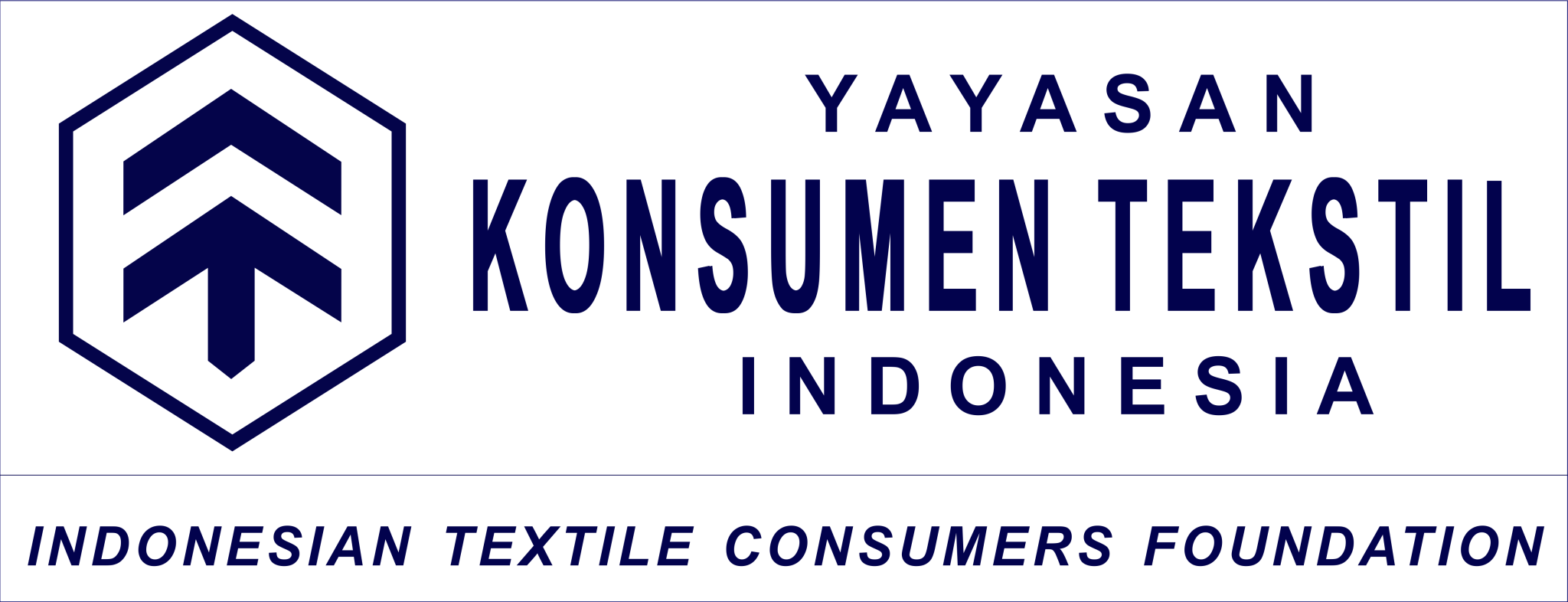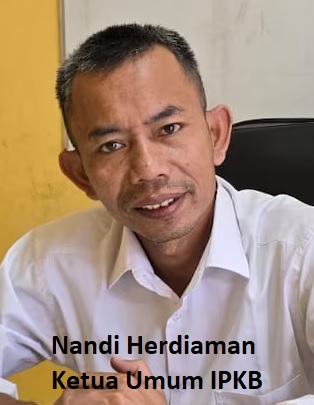Fiber and yarn producers expressed interest in trying out a counter-trade scheme in trading these products. Trade returns are considered as an alternative for market penetration in the midst of trade barriers that are applied in the destination country. Fiber products such as staple fibers of viscose rayon and single yarn are a few of the textile products offered by Indonesia in a counter-trade agreement with Turkey, one of Indonesia's main trading partners. Secretary General of the Indonesian Fiber and Filament Yarn Producers Association (APSyFI) Redma Gita Wiraswasta said Turkey is one of the important export destinations for synthetic fiber and yarn products.
“Indeed Turkey is an important market for our synthetic fibers and yarns. If a counter-trade scheme is possible, we are very interested in exploring it," said Redma, Thursday (16/12/2021).
Redma said Turkey accounts for 10 percent of fiber and filament yarn exports. Trade compensation is an alternative considering that several Indonesian fiber products are subject to anti-dumping duties (BMAD) in that country.
"If you use the usual export scheme, the imposition of BMAD will be hampered," he said.
Data from the Central Statistics Agency (BPS) shows that exports of artificial filaments under HS code 54 to Turkey reached US$95.94 million in 2019, then decreased to US$41.59 million in 2020. As for October 2021, exports of artificial filaments to Turkey were worth US$1. $25.40 million.
Exports for staple fiber in HS code 55 also show fluctuations. Exports touched US$365.62 million in 2019 and then fell in 2020 to 169.60 million. However, exports rose again to US$227.35 million as of October 2021.












